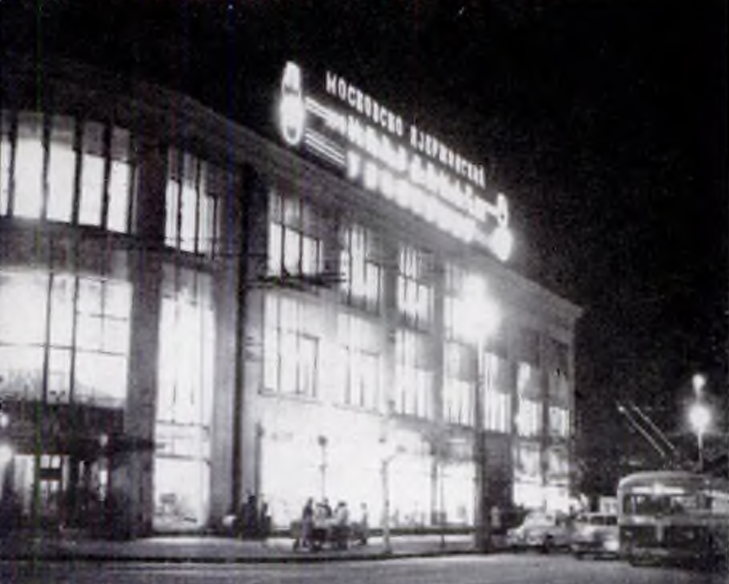Revolutions are not easy. No one believes that revolutions are easy - Fidel Castro
- Michael Laxer
- Nov 16, 2021
- 4 min read
Excerpt from a speech Castro gave during his visit to Chile, 50 years ago today. Hands Off Cuba.

Castro speaks during his tour of Chile, 1971 -- photo via You Tube
50 years ago today (November 16, 1971), Fidel Castro gave a speech during his historic visit to Chile while visiting the Chilean port city of Iquique. This excerpt reminds us of how the revolution has been under attack by US imperialism from its very first day.
It also reminds of the incredible, heroic resistance of the Cuban people and revolution and the need for international solidarity against the blockade and imperialist provocations.
Hands Off Cuba!
Excerpt:
Revolution means that the people for the first time have the opportunity to work for their future. Revolution means that each thing that one may do, that one does, or wishes to do, is done for the benefit of the people. Revolutions are not easy. No one believes that revolutions are easy.
When we wished to make our revolution we met with great obstacles, great difficulties. Why? Because we were exploited. Those who took away the sweat of our workers, those who obtained the profits of our sugar, our nickel, wanted to punish us. They wanted to punish a nation which sought only to improve the living conditions of its people. They wanted to punish a nation which wanted only to work, to forge its future, without taking anything from anyone. What they wanted to punish in our people was their will and their determination to proclaim themselves a sovereign, free people-- a people determined to recover their natural resources, a people determined to work for their well-being, to earn their living with the sweat of their brows, without taking anything from anyone else, but also not allowing anyone else to take their sweat.
When our youths conducted the literacy campaign and the students went to the fields and to the mountains to educate--because our country is not like the great north, our country has a different landscape, there are cities, but there are also millions of people who live isolated in the fields--then the literacy campaign was organized. Tens of thousands of youths were sent to these fields and sometimes, there were elements, armed abroad, trained abroad, and paid abroad, who moved in the fields, sowing terror, and sometimes they went so far as to kill students who were engaged in teaching reading and writing. You can see what kind of morality that is. You can see what an action it is to kill youths who were teaching their brothers to read and write.
They tried by all means to deprive our country of doctors. They tried by all means to deprive our country of markets, of raw materials, of replacement parts. You must keep in mind that all the machines, all of our industries, and all of our transportation came from the United States and that one day, overnight, they absolutely prohibited the exportation of a single piece of machinery to Cuba for industry, for transportation, for agriculture. They also deprived us of markets--because the situation of our country was difficult, because 80 percent of our sugar was sold on that market--this is not the case fortunately, for you in Chile, who sell only 14 percent of your copper on that market--but we used to sell the major part of our sugar to them and they deprived us of that market, overnight, all of it. They prohibited the exportation of any part, a screw, a nut, an automobile sparkplug. A country which had no industry because it had not been allowed to develop itself, found itself suddenly deprived of fuel, of markets, of raw materials, and of replacement parts, when 90 percent of our machines had been built in that country. Our fatherland has been subjected to those difficult trials, and our people have had to pay the price in order to be sovereign, independent people--to establish a system of social
justice for themselves....
The revolution did not only have to face the objective problems posed by our adversaries, but revolutionaries have their own problems--their lack of knowledge, their inexperience. Suddenly, all of those who knew, all of those who had knowledge, many of them foreigners, left. Of those who remained, others tried by all means to undermine us and finally, they had
created a mentality, a fear, so that in advance, the reactionaries try to create in the minds of the peoples fear, to form an obstacle to the social development of the peoples. The road is difficult, because one leaves from underdevelopment, lacking technicians and technology, the lack of industry, and also, as we said, of the very factors, of revolutionary peoples, and we revolutionaries ourselves make mistakes. A process of development, a revolutionary process is not an easy process, it is a difficult process. Nevertheless, what our country has demonstrated is that the difficulties can be overcome. What our country has also demonstrated is that when a small nation makes revolution, it is not alone in the world. This is very important.
Full speech: Castro Speech Data Base - Latin American Network Information Center, LANIC (utexas.edu)







Comments